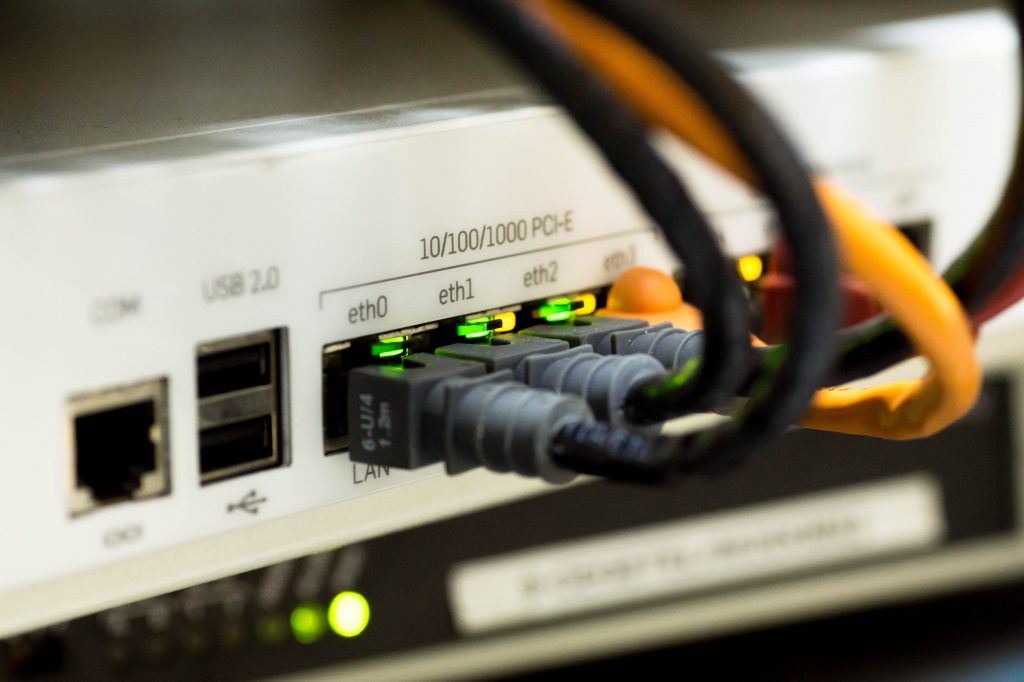My Son: “Is the internet down? I can’t get online!”
Me: “I’m not sure. Try refreshing your browser.”
My Son: “I did that. I still can’t get online.”
Me: “Have you tried rebooting your computer? Let me know if that fixes the problem.”

Photo from Pixabay on Pexels
(Minutes later)
My Son: “I rebooted my computer and I still can’t get online. I think there’s something wrong with the network.”
Me: “Alright (sigh), let me check. Why do you need to get online anyway? It’s late!”
My Son: “I’m working on a class assignment and need to access my document in the cloud.”
Me: “Is it urgent? Is it due tomorrow? Does it have to be done tonight?”
My Son: “No. But I have 3 tests and another major assignment due this week and if I don’t work ahead now, I’m going to get slammed later in the week. That’s why I need to get online.”
Me (Yelling from another room): “I just rebooted the modem. Did that work?”
My Son: “No. I still can’t connect to the network.”
An exasperated Me: “Arrrggghhhhhh!!!!!” (shaking fist in the air)
Perhaps you can relate to this scenario (which happened in our home not long ago). We’ve become so integrated with the internet via our computers, tablets and phones that when the network goes down, we’re not sure how to function. Panic can set in when we try easy troubleshooting tactics and still can’t fix the issue.
AT&T had a whole ad campaign a few years ago connected to this theme. Their ads showed humorous responses a family had after being disconnected from the internet at home for 4 minutes, 6 minutes, 9 minutes and so forth. The ads always concluded by saying, “Keep Calm, your internet is on.” AT&T then touted their 99% reliability rating in providing consistent and uninterrupted internet service to their customers. (See YouTube video at: https://youtu.be/zYys_Jg9xz4 )
The internet is an amazing tool that has allowed people to be instantly connected to information. Whatever you want or need, it’s all there at the click of a button.

As helpful as this information may be, it can make meaningful relational connection more difficult.
The internet has enabled us to have access to seemingly endless information about our friends. We see what they’re doing on Facebook. We see their photos on Instagram. We know what they’re thinking by the tweets they post. And yet ironically, we feel even more disconnected! And in another strange twist, all this information can make us feel worse about our own lives as we see all the fun adventures people are posting about themselves. We can mistakenly believe that our friends don’t have the same problems or deal with the same issues we’re dealing with.
Almost universally, as I meet with Young Professionals, they tell me of their desire to have deeper relational connections and the challenges they face in experiencing those kinds of relationships in today’s digital culture. Sadly, for many Young Professionals, the struggle to find meaningful community can even extend to their church.
I sat across a table recently with a Young Professional who told me very directly of his frustration to find real community within his church. He’d been in several Bible Studies that didn’t last and after attending church regularly for several years, he found that his closest friends were all outside of the church. He’s been struggling lately to understand the purpose and relevance of church in his life, which has given birth to a seed of disillusionment.
Unfortunately, we’ve found that this is not an isolated occurrence with this generation of Young Professionals.

So how can you create more community?
How can you develop more meaningful relational connections?
There is no magic bullet, but here are some suggestions that may be helpful:


Recent Comments